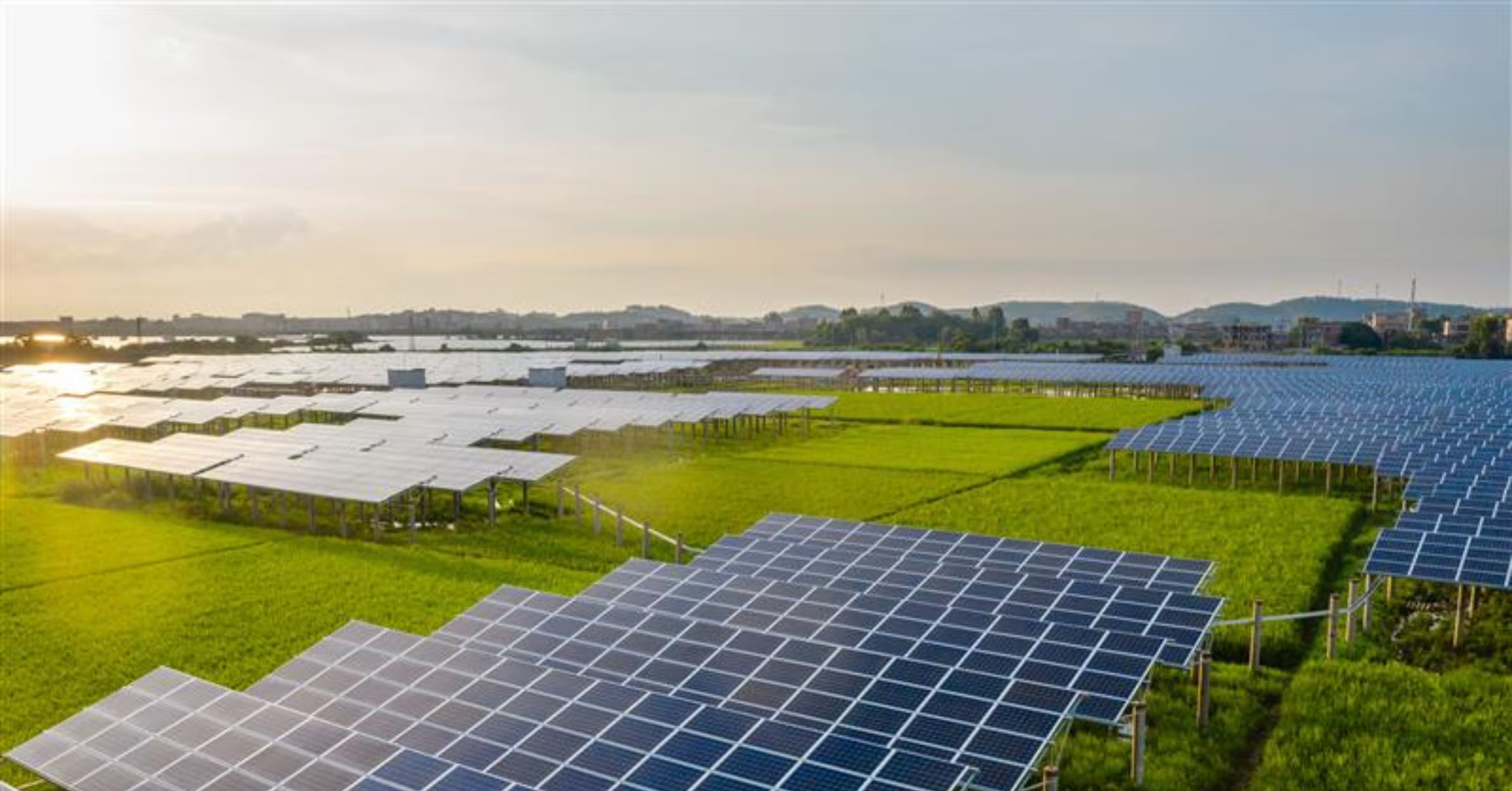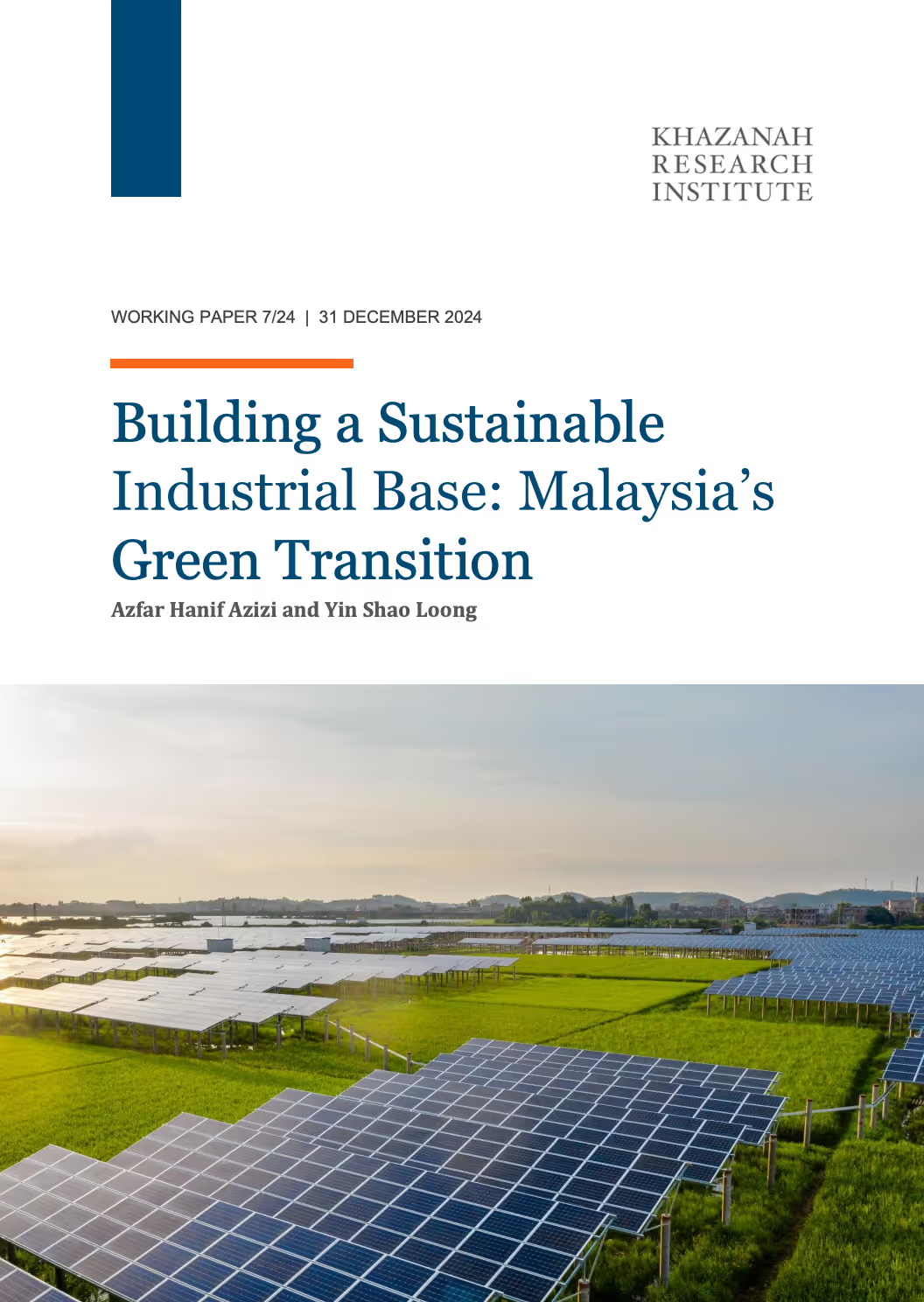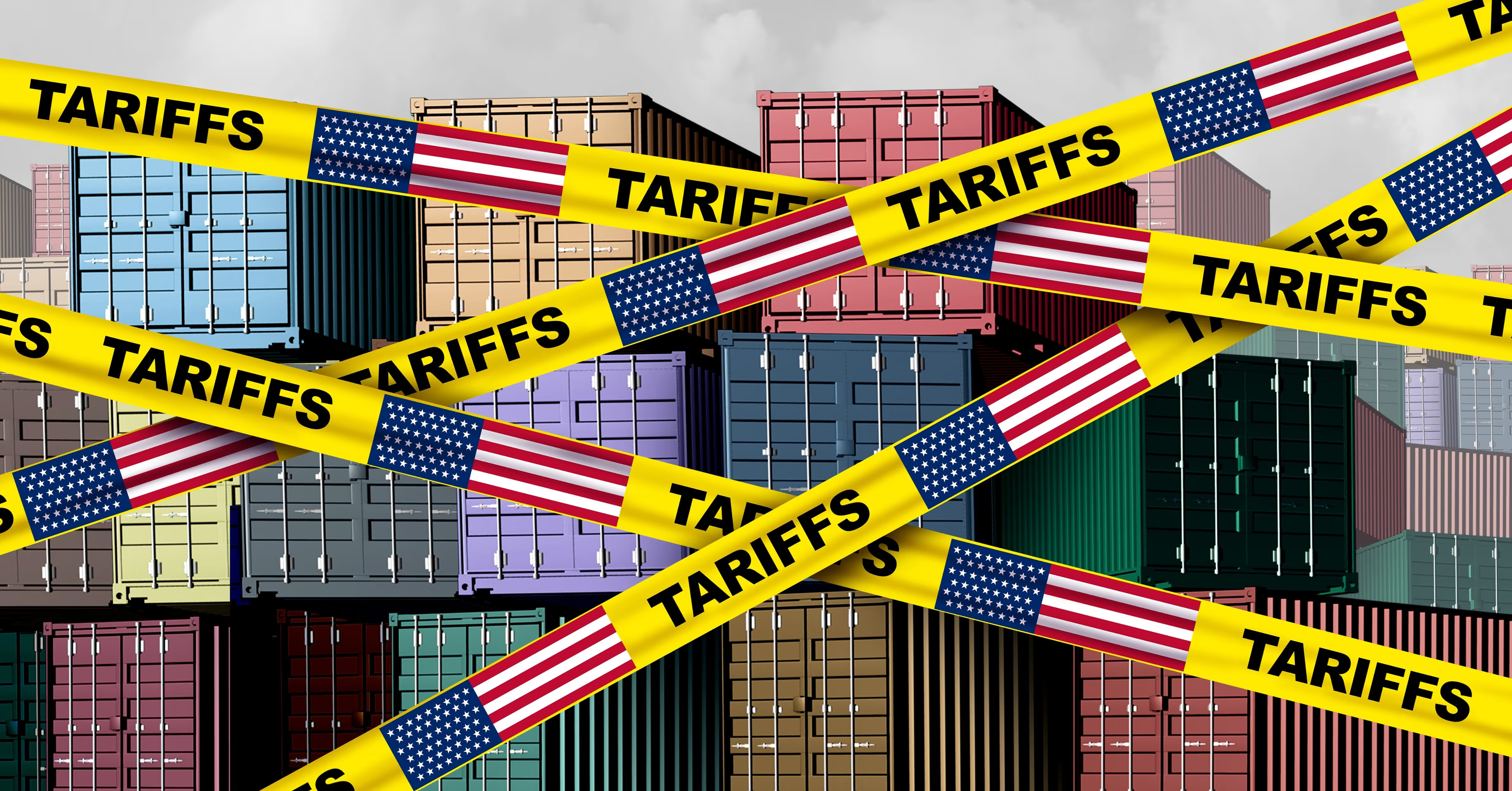
Malaysia’s path toward green industrialisation faces significant hurdles despite decades of industrial policy evolution. This working paper delves into the country’s journey, from its colonial roots in tin and rubber to its current aspirations for sustainable growth, and sheds light on the pressing challenges impeding progress.
Key obstacles include:
- Premature Deindustrialisation: The erosion of industrial capabilities and skilled labour limits Malaysia’s ability to innovate and transition to advanced green industries.
- Constrained Policy Space: International trade agreements, fiscal limitations, and insufficient support for R&D restrict the development of green technologies.
- Talent Shortages: A lack of high-skilled workers and inadequate institutions to foster innovation hinder the growth of competitive green industries.
- Private Sector Gaps: The absence of large domestic firms willing to invest in new technologies compounds these challenges.
- The report also examines broader socioeconomic implications, such as the need for inclusive policies to support vulnerable groups like the Orang Asli and to ensure equitable participation in green industrialisation.
This analysis underscores the urgent need for strategic action to revitalise Malaysia’s industrial foundations, expand fiscal and policy space, and foster resilience. It provides practical recommendations to address these challenges and position Malaysia for a sustainable and inclusive industrial future.















